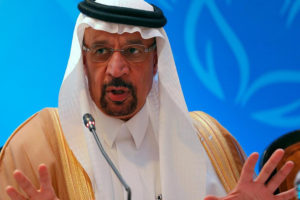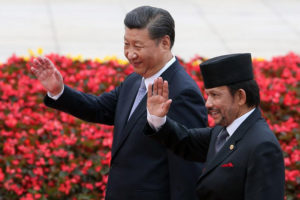
Feb 21 2011
For the first time in fifteen years, and Egyptian court has licensed a moderate Islamic political party, al-Wasat. Al-Wasat was previously denied a license under the regime of former president Hosni Mubarak, as was any party with a religious basis.
Al-Wasat, which is now officially called al-Wasat al-Gadeed, or the new Wasat party, was founded in 1996 after a faction left the Muslim Brotherhood to establish their own party, and the party says that it adopts a centrist platform and believes in translating the principles of Islam into a liberal democratic system.
When its platform was presented to the committee of political parties affairs, the committee was headed by Safwat el-Sherif, a prominent member of the ruling National Democratic Party and the Speaker of the dissolved upper house of parliament, the Shura Council.
A previous court ruling in 2009 denied granting the party legal status, saying the platform did not meet the conditions and regulations of political parties.
Undersecretary of the founders of the party, Abul Ela Madi, described the court ruling as a victory in a long battle between despair and hope lasted for 15 years, he said during his speech at the press conference held at the party headquarters on Saturday , adding that the group that took over power and money in Egypt for decades, made the founders lose hope in founding the party, however, he was optimistic that Egyptians would break the barriers of fear and would revolt, considering the license to found the party as the first fruit of the revolution.
He stressed that the party will run for the next parliamentary elections and will seek the membership of national public figures to be an active party. He also said the principles of the party are based on the principles of religious tolerance and that the party believes freedom takes precedence over religion and law and the people is the source of authority, and believes in a balanced economy approach based on economic freedom. He added that the Party is committed to the terms and conditions of the State role in ensuring the rights of the poor for education, health, housing and employment and the need to determine minimum and maximum wages.
The party is the first to be recognised officially since Mubarak’s resignation on February 11.






